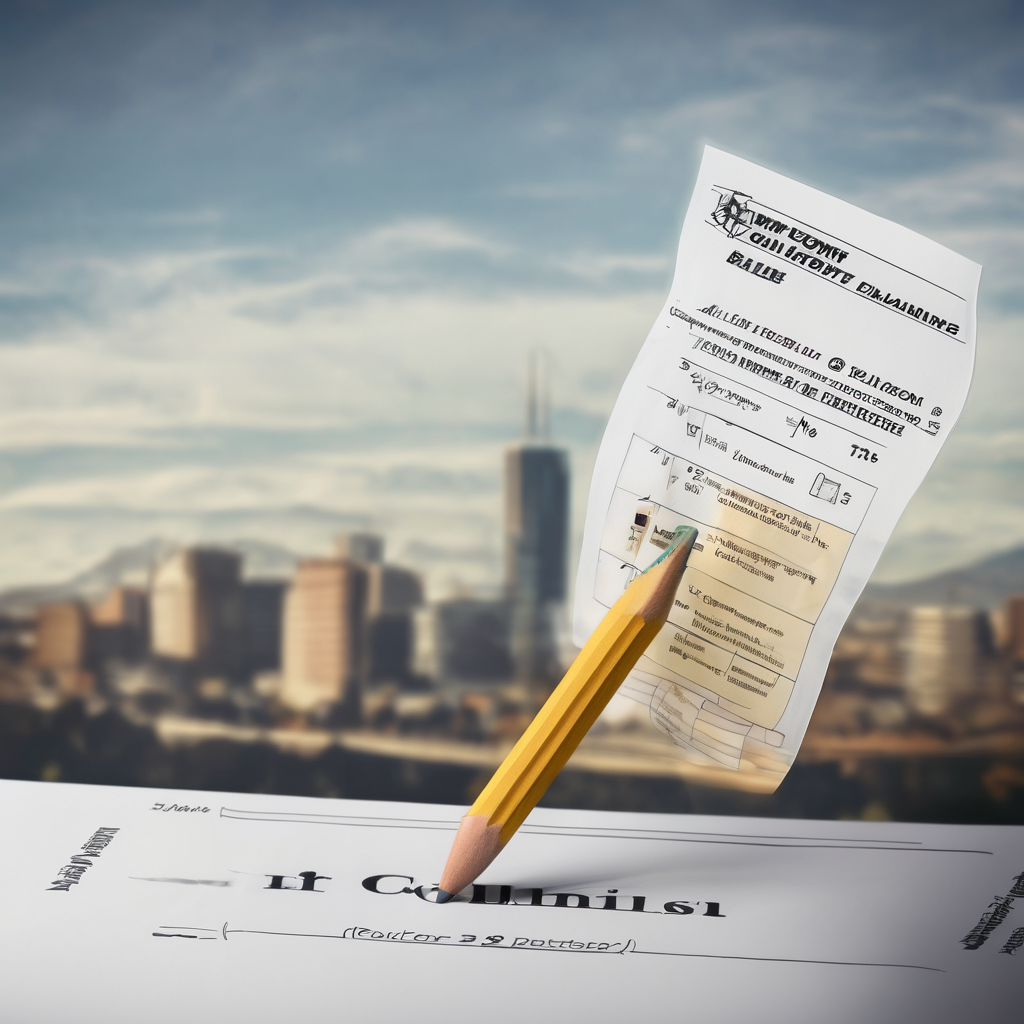As the 2025 elections approach, Northern Colorado voters will have the opportunity to make impactful local decisions on November 4, despite the absence of federal races or state leadership positions on the ballot.
In Fort Collins, the mayoral race will introduce a new leader as incumbent Jeni Arndt does not seek a third term. The election features seven candidates vying for the position, including city council members Tricia Canonico and Emily Frances, small business owner Adam Eggleston, and community advocate Adam Hirschhorn. The mayoral selection will utilize ranked choice voting.
Two significant ballot questions will also be presented to Fort Collins voters regarding the future of the former Hughes Stadium site. Ballot Question 2H, referred to voters by the city council, seeks to allow multi-use development which could encompass a bike park and a wildlife conservation area. Importantly, the measure mandates consultation with Native American tribes concerning the land’s use and management. Existing recreational activities such as disc golf and sledding may continue under this proposal.
Conversely, Ballot Question 303, driven by a citizen initiative, calls for the preservation of the entire Hughes site as natural open space. Advocates of this measure argue for low-impact usage while still permitting activities like mountain biking and sledding. The city acquired the Hughes site from Colorado State University in 2021 and has previously designated it as “public open space.”
If both measures are approved by over 50% of voters, the one with the most affirmative votes will prevail. If neither secures the majority, the city council will determine the site’s future.
In Boulder County, voters will deliberate on two ballot measures concerning the extension and creation of taxes to support local initiatives. Ballot Issue 1A proposes a permanent extension of an existing 0.15% sales tax dedicated to open space management, while Ballot Issue 1B looks to establish a new tax aimed at enhancing mental and behavioral health resources. Additionally, Boulder voters will decide on making a current 0.3% sales tax permanent to fund infrastructure improvements and trail maintenance.
Denver’s voters will consider Referendum 310, which addresses a proposed ban on flavored tobacco products. This measure arose after the city council enacted an ordinance against such products, only to have opponents gather enough support to challenge it at the ballot. If approved, the ordinance will remain in effect, with advocates emphasizing public health concerns, particularly regarding youth. Critics argue the ban may negatively affect small businesses in the area.
On a statewide level, Coloradans are set to evaluate Propositions LL and MM, which aim to fully fund the Healthy School Meals for All program by adjusting tax structures for higher-income residents. Proposition MM proposes to raise taxes on those earning over $300,000 by reducing their deductions to meet the increased demand for the program. Meanwhile, Proposition LL would enable the state to retain additional revenue generated for the program, allowing for sustainable funding moving forward.
These local and statewide measures highlight the importance of community engagement and the efforts to address pressing issues within Colorado. Voters across Northern Colorado have the chance to influence the trajectory of local governance and resource management in their communities.
